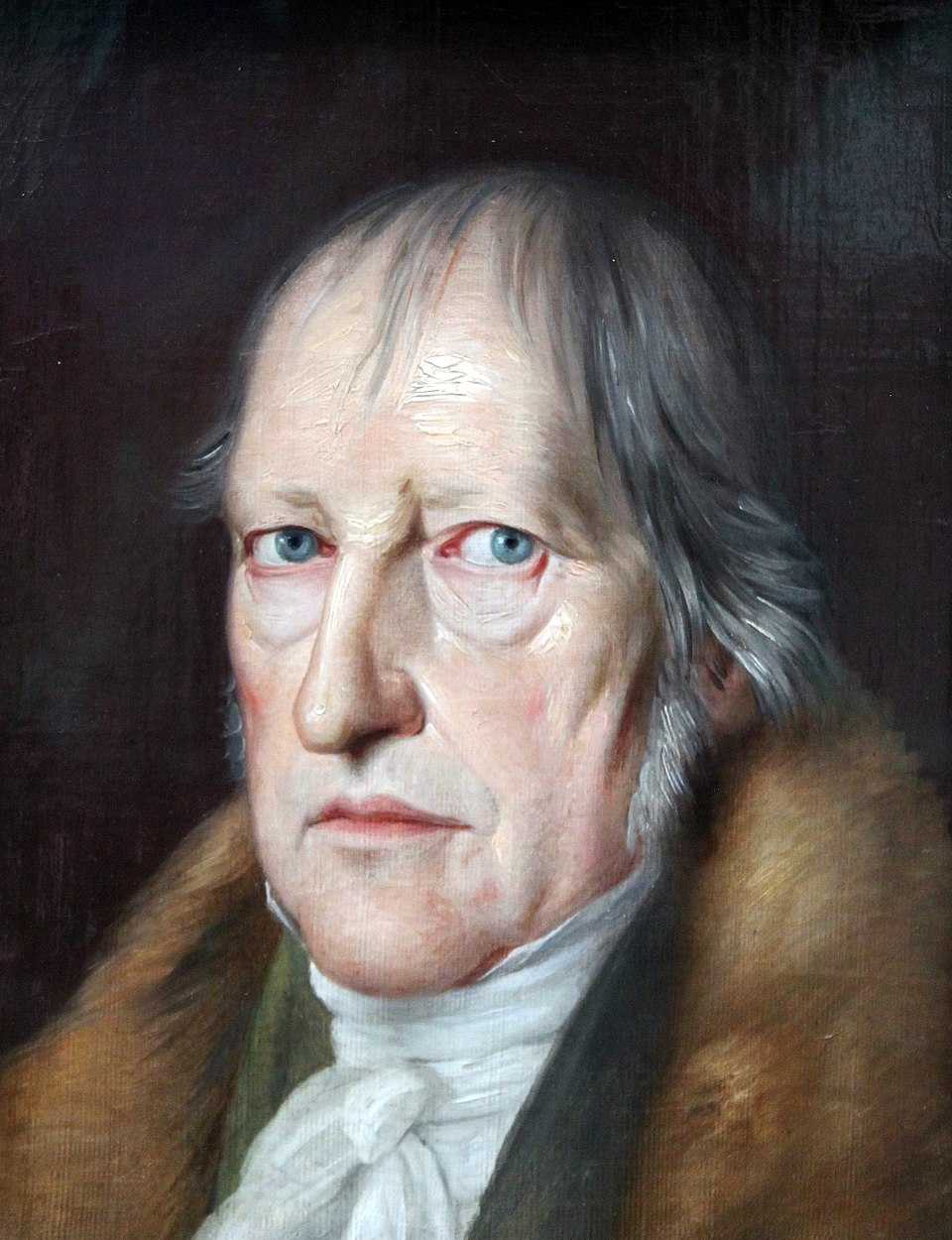Hegel’s rabble: protest, property and history

(Shutterstock)
Protest movements in Western societies are markers of a vibe shift. Protest movements in the past recruited the young, the creatives, the idealists. They showed the animal spirits of Western society were in rude health. Today, however, things are different. Protest movements are no longer colourful and fun. Protesters are low income, full of rage and – utterly baffling — have backers who are very rich. It is hard to make out what drives this vibe shift and where it is heading.
There was an earlier vibe shift in the 1990s. It came from books such as Francis Fukuyama’s The End of History. The Cold War done and won, the spread of liberal democracy from the West to the rest was only a matter of time. In the 2020s the vibe shift comes from articles such as by Peter Thiel, who feels that the Book of Revelation offers a better intuition of where we are heading than The End of History.
Francis Fukuyama and Peter Thiel have taken their utopia and dystopia respectively from the same source, the works of Georg Wilhelm Friedrich Hegel. Let us have a look at what this nineteenth-century philosopher might tell us about why a liberal society could come under attack from two opposite ends of society, the very poor and the very rich.
Hegel’s Revolution

Wilhelm Hegel (1831)
Hegel was born in 1770. When the French Revolution broke out in 1789, Hegel was nineteen years old and just entering university. When Napoleon was banished to Saint Helena in 1815, he was forty-five years old and an eminent professor in Berlin. Reflections on the dynamics worked by revolutions permeated the entire range of his life’s work – and that range was encyclopaedic. The Philosophy of Right in 1821 looked in particular at the dynamic of the post-Napoleonic social order.
Hegel worked a revolution in thinking about private property. In the ancien régime, status had been based on birth. Now, status was based on ownership of property. Hegel welcomed this change. Hegel accepted that private property was a civil right and that it was unfair to distribute property equally because that would disadvantage those who worked harder than others. But he added a rider.
Hegel posited that property ownership came with a dynamic all of its own: once humans got hold of property, property would get hold of humans. Humans would get richer, but had to work harder: “What the English call ‘comfortable’ is something endless and inexhaustible. Every condition of comfort reveals in turn its discomfort, and these discoveries go on forever. Hence the new want is not so much a want of those who have it directly, but is created by those who hope to make profit from it.”
Hegel looked ahead to discover where the profit principle would lead to.
Ownership of property would bestow a sense of self-respect, and unavoidably, society would divide into winners and losers. The profit principle would suit some members of society more than others. That came with a flip side, namely that someone who had no property, or had lost their property, or was threatened by loss of property – that someone might also lose their sense of self-respect.
Poverty consisted of more than material want, it consisted also of psychological degradation, which turned an underclass of paupers into what Hegel called a “rabble” (Pöbel). “Poverty in itself does not make men into a rabble,” he wrote. “A rabble is created only when there is joined to poverty a disposition of mind, an inner indignation against the rich, against society, against the government, &c.” To which, in a later edition, he added: “This mentality can also appear in the rich. The rich man thinks that he can buy anything … Thus, wealth can lead to the same mockery and shamelessness that we find in the poor rabble.”
In 1789 the French Revolution swept away the feudal order, and in 1804 the Napoleonic Code Civil framed a social order based on the right to private property. In 1821 Hegel’s Philosophy of Right pointed out that poverty was a problem that would not go away and would not be solved by handing out welfare. Hegel enthused about the benefits for the rich from what the English call ‘comfortable’, but at the same time pointed out their hidden costs for the poor.
Welfare might reduce a pauper’s material want, but did not reduce his disposition of mind, an inner indignation against the rich, against society, against the government. Levels of welfare that today have become the norm in Western societies would have been unimaginable to Hegel. But no Western society has rid itself of the poverty trap. Hegel could have told us as much: poverty is about mentality, not about money.
The Hegelian vibe shift
Hegel started a vibe shift in political philosophy. Having discovered a link between social development and personal psychology, Hegel was convinced he had found the philosopher’s stone that explains the progress of history. History had come to an end.
A long line of public intellectuals have quarried Hegel’s notion of the end of history.
In Germany, Karl Marx was one of the first. Hegel got it right, Marx claimed, about the end of history. But he got it wrong about what caused it, because people did not shape history, history shaped people.
In France, Hegel’s notion of the end of history was reprised by the post-War public intellectual Alexandre Kojève and since then it has been a frame of reference for many French theorists.
In the United States, Francis Fukuyama and Peter Thiel now process Hegel and Kojève for a new framework of the end of history.
Marx and Kojève, Fukuyama and Thiel – each has a different reading of Hegel’s end of history. What they all take from Hegel, however, is that history conjoins private lives with public spheres, that one is a foil for the other. They are all Hegelians now.
Indeed, at this particular moment, with western societies in a funk and fringe parties encroaching on the political mainstream, Hegel’s remarks on the rabble, and on the mental affinity of the very poor and the very rich, seem pertinent. The German term for rabble, Pöbel, descends from the Latin populus. It may be telling that while the connotations of populus are neutral, those of Pöbel are pejorative. Semantics might be incidental. But Hegel’s diagnosis that the core of a liberal society might be hollowed out by moral decay at both ends of society is worth heeding.
Benedikt Koehler will be giving a public talk on 22nd October at the Institute of Economic Affairs, Hegel on Liberalism’s adversaries: the rabble .
A Message from TheArticle
We are the only publication that’s committed to covering every angle. We have an important contribution to make, one that’s needed now more than ever, and we need your help to continue publishing throughout these hard economic times. So please, make a donation.




